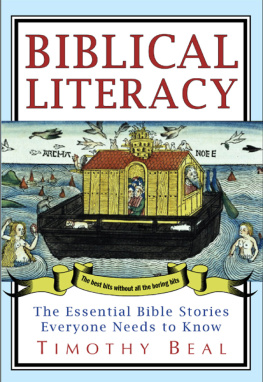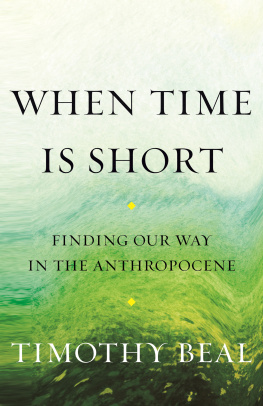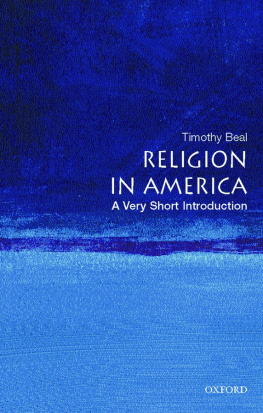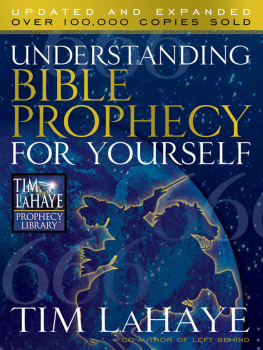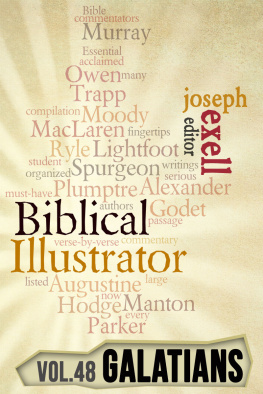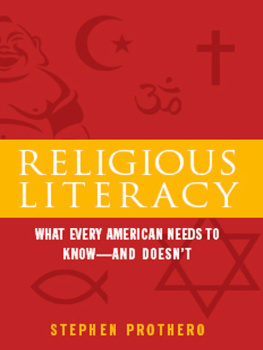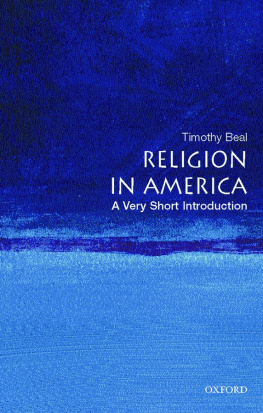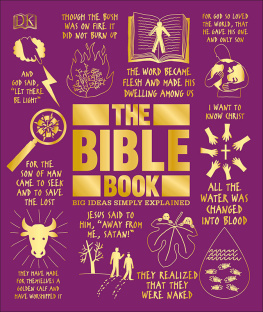When Frederick Douglasss master discovered that his wife, Mistress Sophie, was teaching this eight-year-old slave to read the Bible, he sternly forbade her to do so again. If he learns to read the Bible it will ever unfit him to be a slave, he said, and in no time hell be running away with himself. This, the renowned abolitionist Douglass later reflected, was the first antislavery lecture he had ever heard, and it inspired him to do anything he could to read more of the Bible. He recalls zealously gathering scattered pages of it from the gutters of Baltimore streets, carefully washing, drying, and collating them to read in secret. He had begun to realize what Master Hugh (and no doubt Mistress Sophie) knewthat there was power, indeed subversive, revolutionary power, in reading and interpreting the Bible for oneself, and that the institution of slavery in fact depended on controlling biblical literacywho can read the Bible when and how. Many years later he wrote, Let the reader reflect upon the fact, that, in this Christian country, men and women are hiding from professors of religion, in barns, in the woods and fields, in order to learn to read the Holy Bible . Hiding, that is, from those who claim authority to say what it means, to control its interpretation. The Bible can look dangerously different when you read it on your own.
LEAVES IN THE GUTTER
Not many of us today can imagine ourselves sifting through gutter garbage for a handful of filthy loose leaves from a discarded Bible. Most of us would avert our eyes and keep walking. There are, after all, plenty of brand-new Bibles available free to anyone who wants one. The Gideons hand them out by the hundreds of millions per year, and just about any church you happen into will be happy to comp you one.
But I think the reasons for our lack of biblical interest go a little deeper. For one, many have come to think that the Bible is irrelevant to contemporary culture. What could this ancient collection of stories, poems, and laws, written thousands of years ago in foreign tongues in faraway lands, possibly have to offer us today? Leave it in the pew, where it belongs. Ive learned over fifteen years as a professor of biblical literature that its cultural relevance outside religion no longer goes without saying. In fact, its irrelevance is usually presumed.
In class the other day, we were discussing the current financial fiasco, asking where the prophetic voices were, those who had the courage to address the ugliest dimensions of the matter (such as the injustice of predatory lending that so many banks were practicing), even when speaking out might make them unpopular and their words unpublishable. I asked my students to take a look at the second chapter of the prophet Micah for a potential model.
Where do we find that? someone asked.
In a Bible, I suggested.
Another followed up, Do you actually think we just have Bibles sitting around our dorms?
Others nodded, amazed that I seemed to be imagining that a Bible would be anywhere near any of them or that they would deem it remotely relevant to their lives, in or out of the classroom. They had a point. How foolishly presumptuous of me. The cultural relevance of the Bible is not a given. Many, maybe most, would say that ours is a postbiblical age.
Which makes rediscovery all the more exciting and surprising. Take Micah, for example. The relevance of this ancient prophets unmeasured, passionate words to our current crisis is downright uncanny. He paints a picture of the financial movers and shakers of his time lying in bed at night dreaming up schemes to take advantage of the poor and weak and then waking up in the morning to carry them out, because it is in their power. Because they can get away with it. Sound familiar? Read on:
They covet fields, and seize them;
houses, and take them away;
they oppress householder and house,
people and their inheritance.
Do not preachthus they preach
one should not preach of such things;
disgrace will not overtake us. (2:2, 6)
Micah was railing against the financiers of ancient Israel over twenty-five hundred years ago, but his words ring ominously true today. More than that, a passage like this makes us ask broader, deeper questions about our society. Where are the prophetic voices today? How do we make space for them, even when they make us squirm? Why do we so often prefer comfort to truth, even at our own peril?
The Bible is far from culturally irrelevant. Indeed, I would argue that you cant be culturally literate without being at least basically familiar with biblical literature. Biblical literacy is a prerequisite for cultural literacy. The Bible is quoted, referenced, and alluded to by thousands of great writers, orators, composers, and artists in tens of thousands of classic cultural works. The vast majority of English authors over the centuries have presumed that their readers were biblically literate. One would be hard-pressed to find a reading list in any introductory high-school or college English literature course that doesnt include multiple biblical references. In works from Beowulf and Chaucer to Milton and Shakespeare, to Jane Austen and Bram Stoker, to Toni Morrison and Neil Gaiman, the Bible continues to resonate deeplyfor those, that is, who have eyes to see and ears to hear it.
The same holds true for art and music. How much depth and complexity do we miss when beholding Rembrandts The Blinding of Samson or listening to blues legend Blind Willie Johnsons If I Had My Way Id Tear the Building Down without knowing the biblical story of Samson? What is lost when we hear the sublime word paintings of Haydns Creation oratorio without knowing what words hes painting?
So too in everyday speech and popular culture. How many times have you heard someone say somethings just a drop in the bucket (Isaiah 40:15) or that so-and-so is the apple of my eye (Deuteronomy 32:10) or a man after his own heart (1 Samuel 13:14)? Or that theres a season for everything (Ecclesiastes 3:1), a time to eat, drink, and be merry (Luke 12:19) and, we hope, soon a time to turn swords into plowshares (Isaiah 2:4) in this world of wars and rumors of wars (Matthew 24:6)? Out of the mouths of babes (Psalm 8:2), as they say. Or maybe youre watching Sunday night television and Marge Simpson sidles up to Homer and says, I could be the Rachel to your Jacob (Genesis 29), while Bart calls his grandfather Methuselah (Genesis 5:27). One newspaper editorialist declares that the United States is reaping the whirlwind (Hosea 8:7) of past foreign policy decisions in the Middle East, while another says that the writing is on the wall (Daniel 5). The Band sings about forbidden fruit (Genesis 3), while Bob Marley laments, How long shall they kill our prophets? (Matthew 23:37). Grandpa complains about abuses by the powers that be (Romans 13:1), while Grandma counters that its just sour grapes (Ezekiel 18:2) because he voted for the other guy.
At the same time, the biblical idiom shapes our social and political lives, just as it has for centuries. The narrative of liberation from bondage in the book of Exodus and the prophetic calls for justice against oppressive regimes course between the lines of the Declaration of Independence of the United States and reverberate in the rhetoric of civil rights movements. Its impossible to understand either side of the conflict over slavery, for example, without understanding the ways each interpreted the Bible. Biblical interpretation has also been a site of struggle for womens rights. As activist Angelina Emily Grimk put it, My Dictionary is the Bible; my standard authors, prophets and apostles. No accident that she and her sister were teachers and mentors of Elizabeth Cady Stanton, leader of the suffragist movement and editor of The Womans Bible , a series of commentaries on each of the books of the Bible by women writers and scholars.

